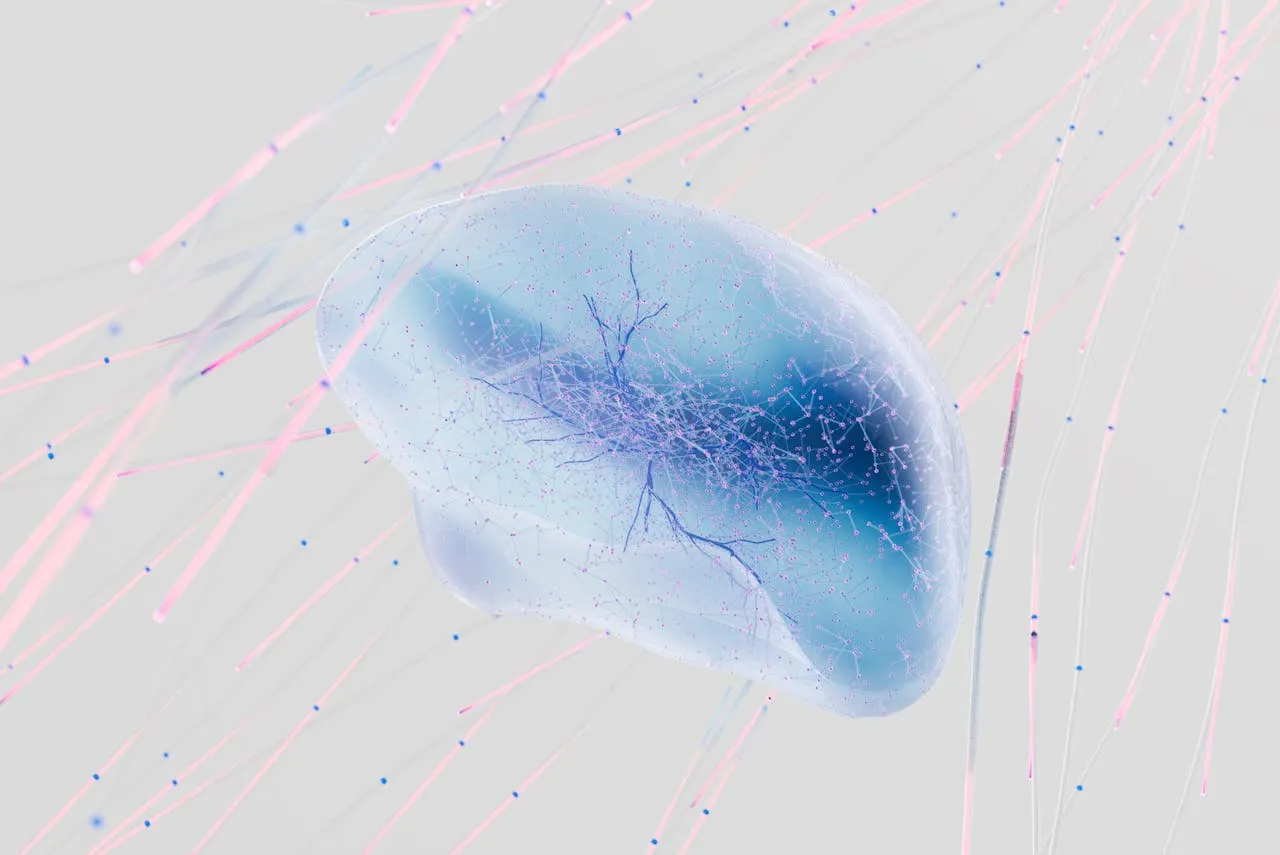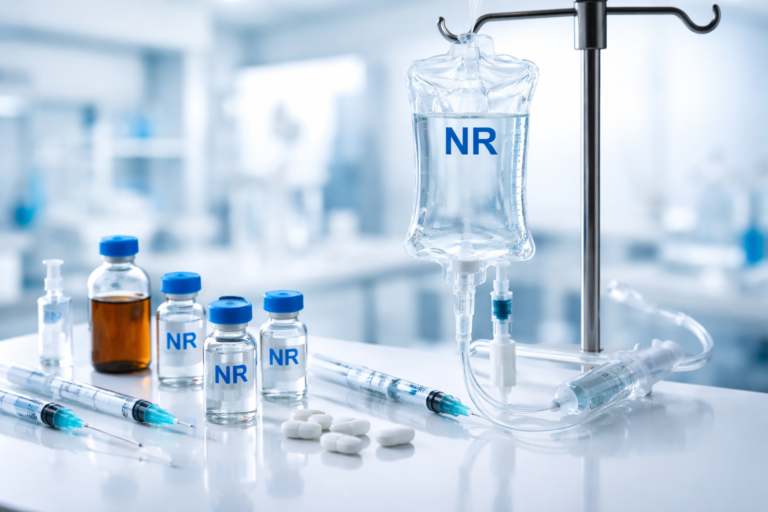
Alzamend Neuro Advances Alzheimer’s and Psychiatric Disorder Research with Tesla-Developed Head Coil for Phase II Trials
Alzamend Neuro, Inc. (Nasdaq: ALZN) (“Alzamend”), a clinical-stage biopharmaceutical company dedicated to developing innovative treatments for neurodegenerative and psychiatric disorders, has announced the completion of a novel head coil designed by Tesla Dynamic Coils BV (“Tesla”). This groundbreaking head coil will be integral in facilitating five upcoming Phase II clinical trials conducted by Alzamend in collaboration with Massachusetts General Hospital (MGH). The trials aim to investigate the efficacy and brain lithium absorption levels of AL001, a novel lithium-based therapy, compared to standard lithium carbonate treatments.
Breakthrough in Lithium Imaging for Brain Research
Alzamend’s research seeks to address key challenges in lithium-based therapy by developing a method to accurately measure lithium levels in the brain. The newly developed head coil, engineered by Tesla, represents a technological leap in brain imaging. It allows high-resolution, whole-brain imaging to precisely quantify lithium concentrations within different brain structures. This advancement is expected to provide critical insights into how lithium is distributed in both healthy individuals and patients suffering from Alzheimer’s disease (AD), bipolar disorder (BD), major depressive disorder (MDD), and post-traumatic stress disorder (PTSD).

The novel head coil is designed to optimize the visualization of lithium distribution in the brain, which is crucial for determining the therapeutic target doses of AL001. Unlike standard lithium treatments that require frequent therapeutic drug monitoring (TDM) due to their narrow safety margin, AL001 is engineered to improve lithium absorption directly into the brain while maintaining lower systemic lithium levels. This feature has the potential to significantly reduce the common side effects associated with lithium therapy, such as renal and thyroid toxicity.
The Role of AL001 in Lithium-Based Therapy
Lithium has long been recognized for its effectiveness in stabilizing mood disorders, particularly in BD and MDD. However, its broader application in treating neurodegenerative diseases like Alzheimer’s has been limited due to concerns about systemic toxicity and the need for continuous blood monitoring. AL001, Alzamend’s proprietary lithium formulation, is being developed to overcome these challenges by enhancing lithium bioavailability in the brain while minimizing systemic exposure.
Preclinical mouse studies have demonstrated that AL001 successfully optimizes lithium absorption into the brain, achieving therapeutic effects with lower blood lithium concentrations. This could represent a major breakthrough in lithium therapy, as lower systemic lithium levels are associated with reduced risks of nephrotoxicity and thyroid dysfunction. By improving lithium delivery to the brain, AL001 has the potential to expand the therapeutic index and offer a safer alternative to traditional lithium treatments.
Clinical Trials and the Role of Massachusetts General Hospital
The upcoming Phase II clinical trials, conducted in collaboration with Massachusetts General Hospital as the contract research organization, will focus on evaluating AL001’s ability to deliver lithium more effectively to the brain compared to commercially available lithium salts. The research will include both healthy participants and patients diagnosed with Alzheimer’s disease, BD, MDD, and PTSD. The primary goal is to establish whether AL001 can maintain therapeutic lithium levels in the brain while minimizing harmful systemic exposure.
The innovative head coil technology developed by Tesla will play a critical role in these trials by enabling precise measurements of lithium concentration across various brain regions. This will help researchers determine the appropriate dosing for AL001, ensuring an optimal balance of efficacy and safety. Additionally, the data gathered from these studies may help redefine lithium’s role in treating a range of psychiatric and neurodegenerative conditions.
Implications for the Future of Lithium Treatment
One of the primary limitations of lithium therapy has been the necessity of therapeutic drug monitoring (TDM), which requires frequent blood tests to ensure that lithium levels remain within a safe range. The ability to directly measure lithium concentrations in the brain using the Tesla-designed head coil could eliminate or significantly reduce the need for routine TDM, making lithium therapy more accessible and patient-friendly.
Furthermore, lithium has been increasingly recognized for its neuroprotective properties, with studies suggesting it may slow disease progression in Alzheimer’s patients by reducing amyloid plaque formation and tau protein aggregation. If AL001 proves effective in clinical trials, it could lead to a paradigm shift in how lithium is used in treating not only mood disorders but also neurodegenerative diseases.
Statements from Alzamend Leadership
Alzamend’s Chief Executive Officer, Stephan Jackman, expressed his enthusiasm for the completion of the novel lithium head coil, emphasizing its importance in advancing lithium-based research.
“We want to thank Tesla for working with us to create this one-of-a-kind lithium head coil,” Jackman stated. “The development of the coil was a long time coming, but we believe the time and effort was necessary to allow us unprecedented knowledge as to how lithium interacts within our brains. We believe that our upcoming studies, utilizing the head coil, have the potential to broaden the application of lithium treatment across numerous neurodegenerative diseases and psychiatric disorders. Its completion allows us to solidify our timeline for the forthcoming clinical trials in collaboration with Massachusetts General Hospital. We look forward to sharing additional details regarding these trials soon.”
Jackman’s statement highlights the transformative potential of this research and its impact on the future of lithium therapy. By leveraging advanced imaging technology, Alzamend aims to improve treatment outcomes and provide new hope for patients suffering from debilitating neurological and psychiatric disorders.




